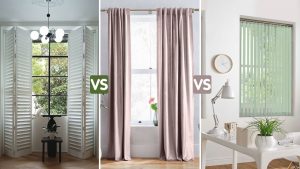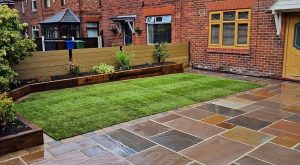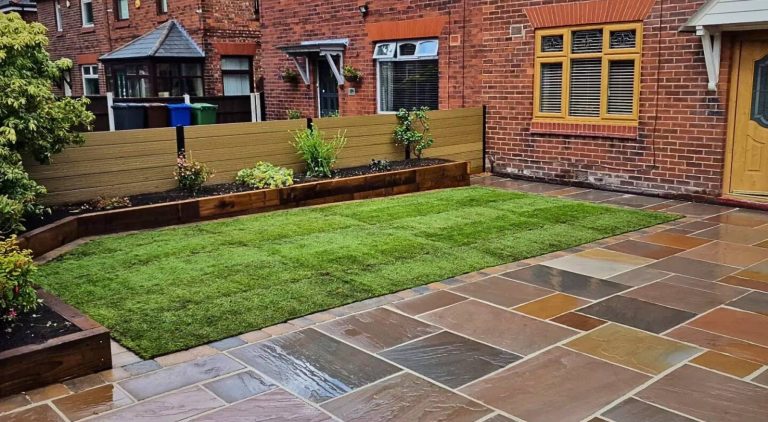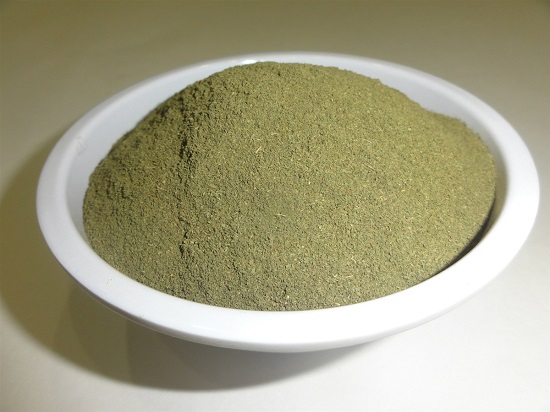Selecting window treatments involves careful consideration of both functionality and aesthetics. Plantation shutters and blinds are two popular options, each offering unique features. This plantation shutters vs. blinds guide aims to assist homeowners in making an informed decision based on their preferences and needs.
- Aesthetic Appeal:
Plantation Shutters: Known for their timeless and sophisticated look, plantation shutters add a touch of elegance to any space. They often contribute to increased property value and are versatile, complementing various interior design styles.
Blinds: Blinds provide a more streamlined and modern appearance. They come in a wide range of materials, colors, and styles, allowing homeowners to customize their look to match the overall design scheme.
- Light Control:
Plantation Shutters: Shutters offer excellent light control. Louvers can be adjusted to direct light precisely, and the ability to tilt the slats provides flexibility in managing privacy and ambiance.
Blinds: Blinds also offer adjustable slats, enabling control over the amount of light entering the room. Vertical blinds are particularly effective in controlling light and maintaining privacy.
- Energy Efficiency:
Plantation Shutters: Shutters, especially when made from insulating materials, contribute to energy efficiency. They can help regulate indoor temperatures, reducing the need for excessive heating or cooling.
Blinds: Certain types of blinds, such as cellular or honeycomb blinds, provide insulation and enhance energy efficiency by trapping air in their pockets.
- Maintenance:
Plantation Shutters: Shutters are relatively low-maintenance. Regular dusting or a quick wipe-down is usually sufficient to keep them clean. They are durable and less prone to wear and tear.
Blinds: The maintenance requirements for blinds depend on the material. While some blinds may be easy to clean with a damp cloth, others may require more care. Dust accumulation on horizontal blinds is a common concern.
- Cost Considerations:
Plantation Shutters: Generally, plantation shutters are considered a long-term investment due to their durability and timeless appeal. They often have a higher upfront cost but may add value to the property.
Blinds: Blinds are available in a wide price range, making them a more budget-friendly option. The cost may vary depending on the material, brand, and features.
Conclusion:
Choosing between plantation shutters vs. blinds ultimately depends on individual preferences, budget constraints, and the specific requirements of the space. Both options offer distinct advantages, and homeowners should carefully evaluate the features that align with their lifestyle and design goals to make the best decision for their windows.










